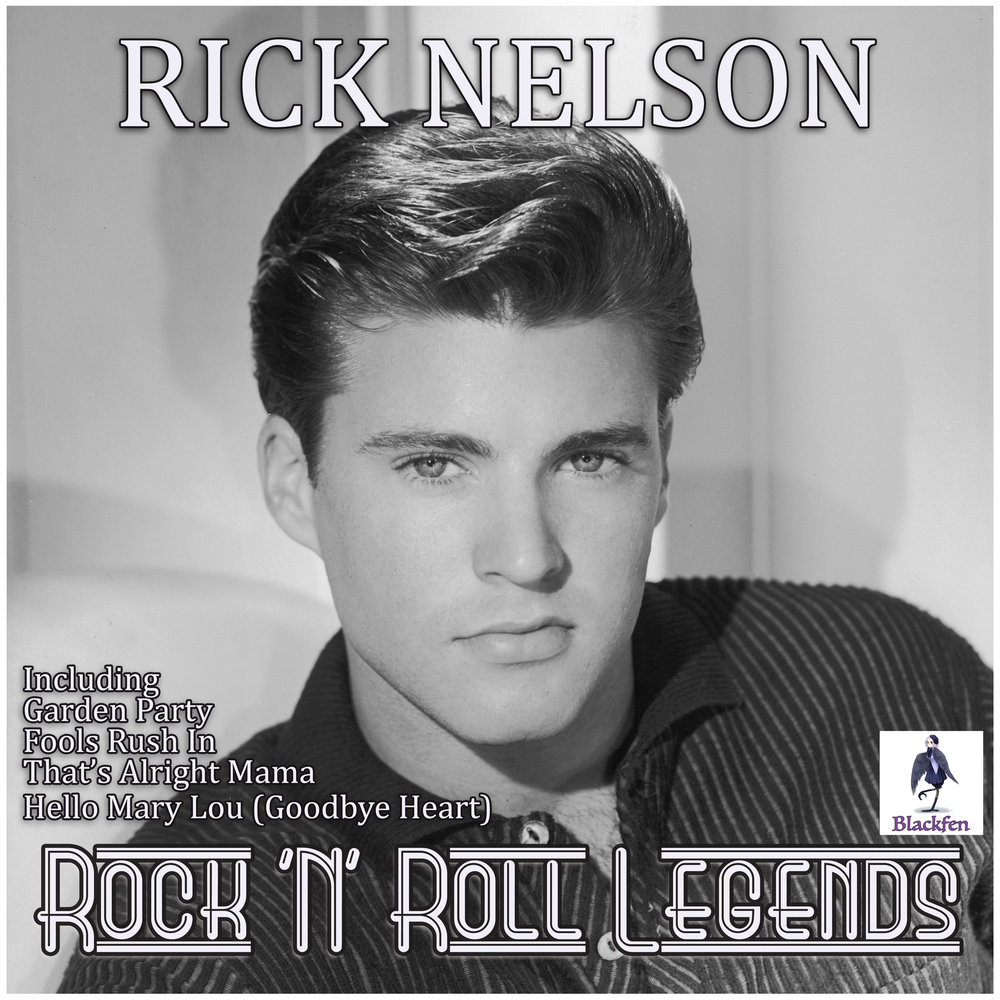
A Timeless Tale of Innocence and Heartbreak
In the summer of 1958, Ricky Nelson captured the hearts of America with his poignant ballad, “Poor Little Fool.” This song, which became the first-ever number one hit on the Billboard Hot 100 chart following its inception on August 4, 1958, is a beautifully crafted narrative of youthful naiveté and the inevitable heartbreak that often accompanies young love. At its core, “Poor Little Fool” tells a universal story that resonates across generations, making it an evergreen classic for listeners both young and old.
As the lead single from Nelson’s second album, Ricky Nelson, “Poor Little Fool” quickly climbed the charts, securing its place in music history. The song’s success was a testament not only to Nelson’s undeniable talent as a performer but also to his ability to convey deep emotion through his music. His smooth vocals and the song’s catchy melody were perfect vehicles for expressing the bittersweet emotions embedded in the lyrics.
The story behind “Poor Little Fool” is as captivating as the song itself. Written by Sharon Sheeley when she was just 15 years old, it was inspired by her own experiences with love and heartbreak. Sheeley, who would later become known for her collaborations with other iconic musicians like Eddie Cochran, managed to encapsulate the innocence and vulnerability of young love in a way that felt both personal and universally relatable. Her lyrics paint a vivid picture of a young woman who finds herself heartbroken after being led astray by her own naive expectations.
Ricky Nelson, already a well-known television star from “The Adventures of Ozzie and Harriet,” brought this song to life with his unique blend of rockabilly and pop sensibilities. His performance is imbued with an authenticity that suggests he truly understood the heartache described in Sheeley’s words. The result is a song that feels both intimate and expansive—a small story with big emotions that listeners could see reflected in their own lives.
The arrangement of “Poor Little Fool” is deceptively simple yet incredibly effective. The gentle strumming of guitars combined with a steady rhythm section creates an inviting backdrop for Nelson’s voice, which oscillates between wistful longing and resigned acceptance. This musical simplicity allows the emotional weight of the lyrics to shine through, making it easy for listeners to connect with the story being told.
For many older listeners today, “Poor Little Fool” serves as a nostalgic reminder of days gone by—a time when life seemed simpler yet emotions ran just as deep. It evokes memories of first loves and lost dreams, serving as a poignant reminder of how those early experiences shape who we become. The song’s enduring popularity speaks to its ability to capture the essence of those moments in life when we are forced to confront our own vulnerabilities.
In revisiting “Poor Little Fool,” one can’t help but reflect on how its themes remain relevant even decades after its release. The feelings of innocence lost and lessons learned are timeless elements of the human experience. For those who lived through the era when Ricky Nelson reigned supreme on the charts, this song offers a chance to reminisce about their own youthful follies and triumphs in love.
In conclusion, Ricky Nelson’s “Poor Little Fool” is more than just a chart-topping hit from the late 1950s; it’s a masterful exploration of the complexities inherent in young love. Its enduring appeal lies in its ability to evoke powerful emotions while telling a story that resonates with anyone who has ever felt like a ‘poor little fool’ in matters of the heart. As such, it remains an essential piece of musical history—one that continues to touch lives with its haunting beauty and timeless wisdom.
